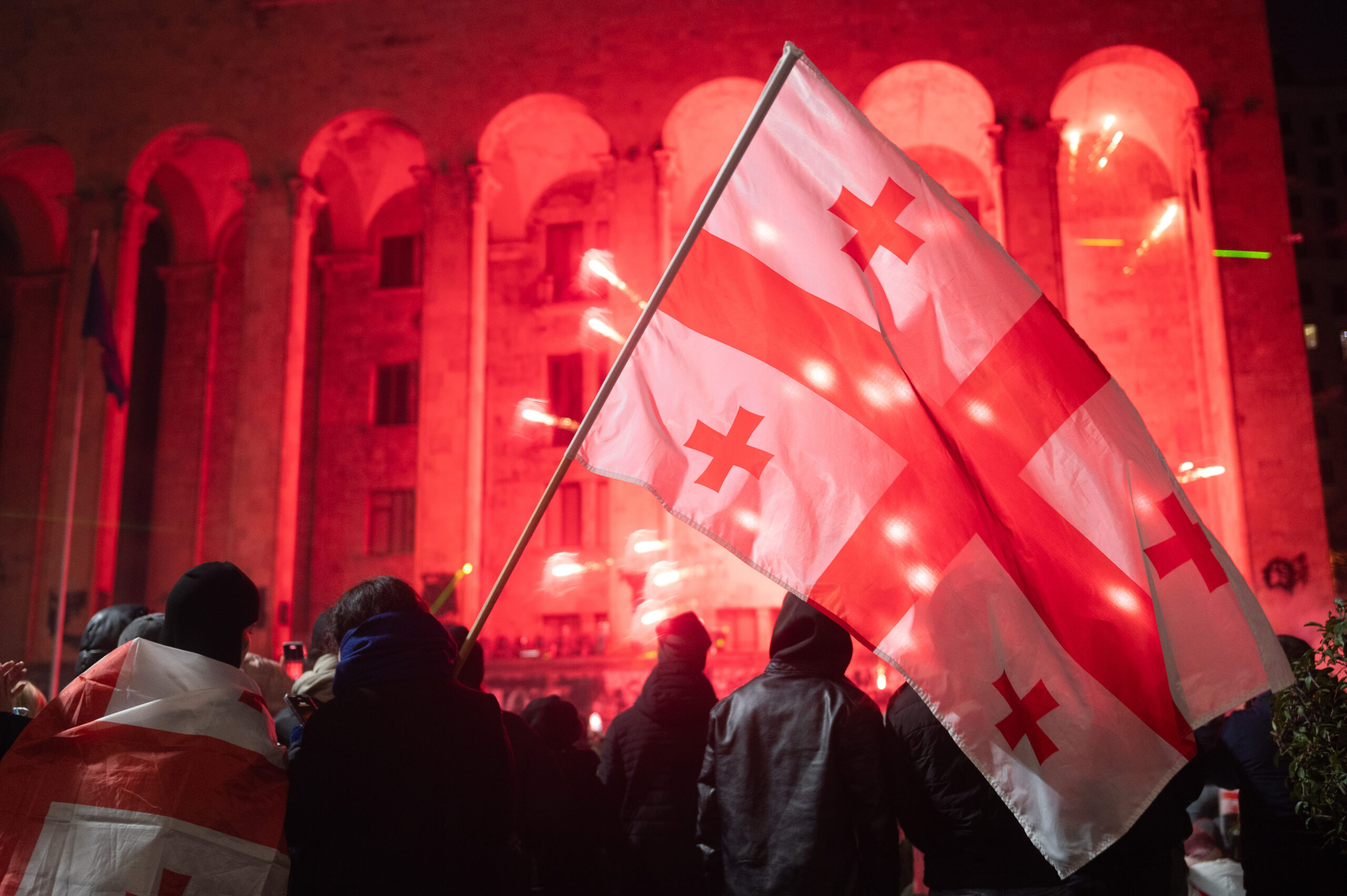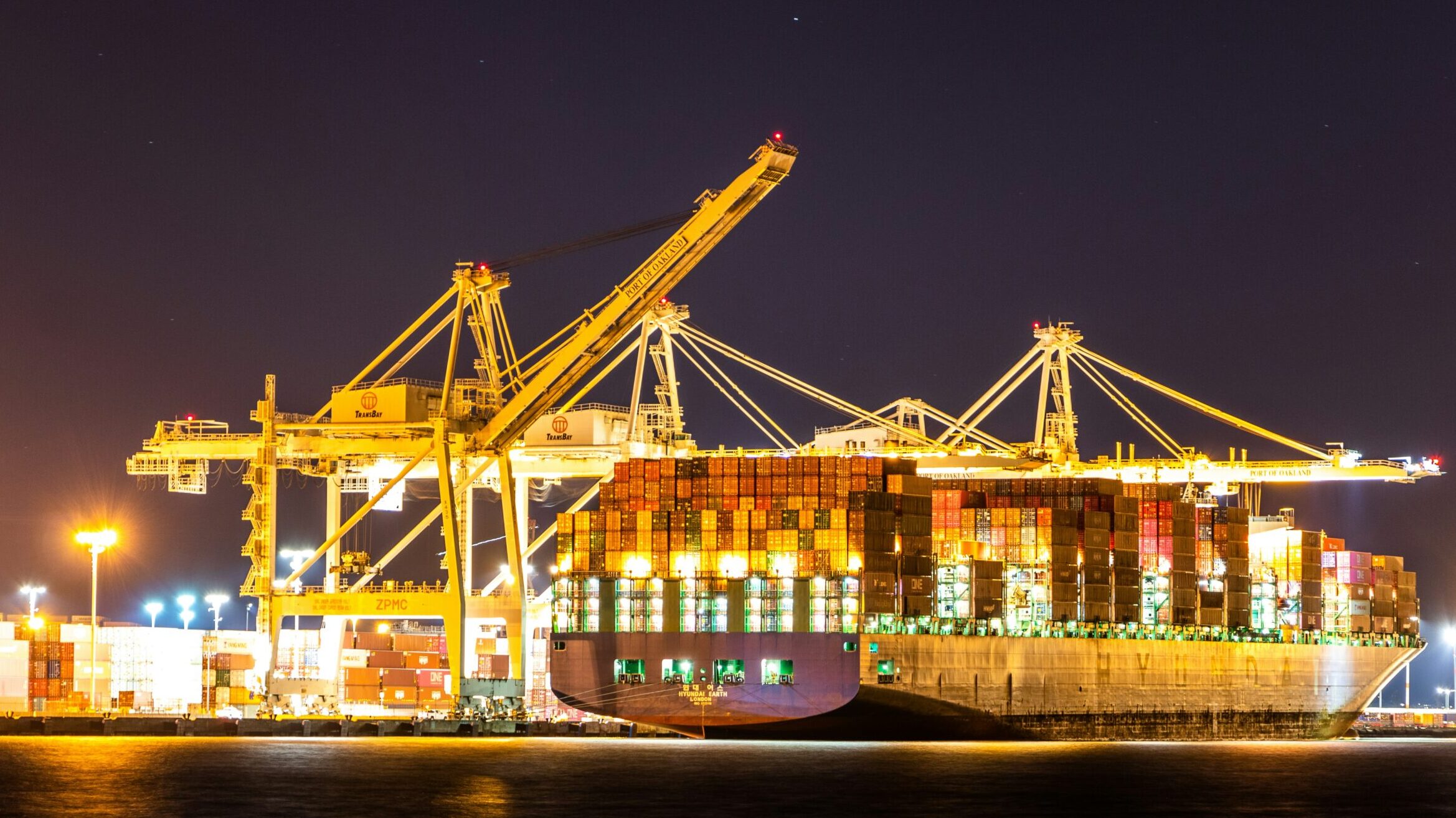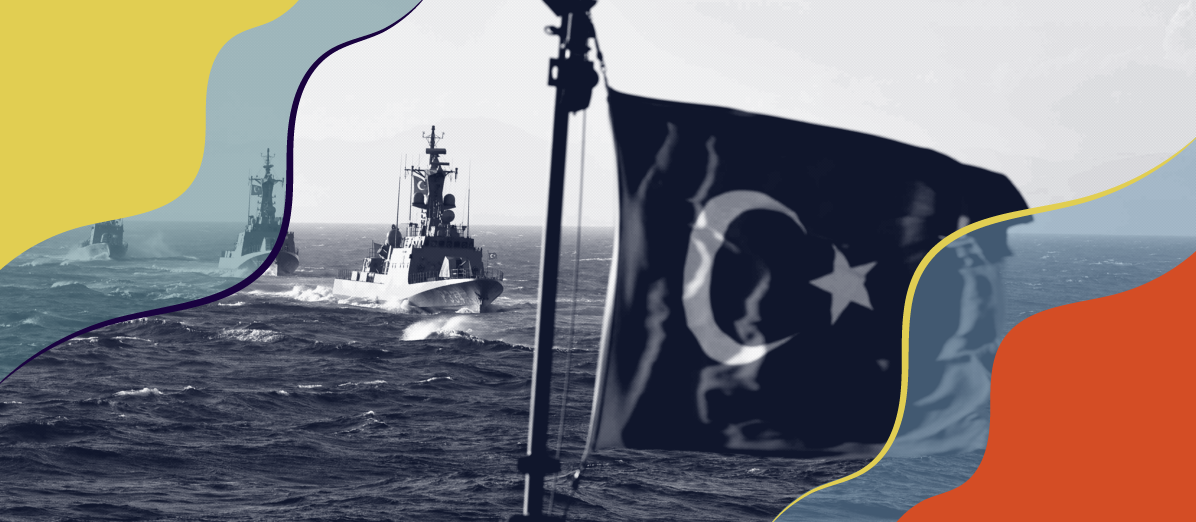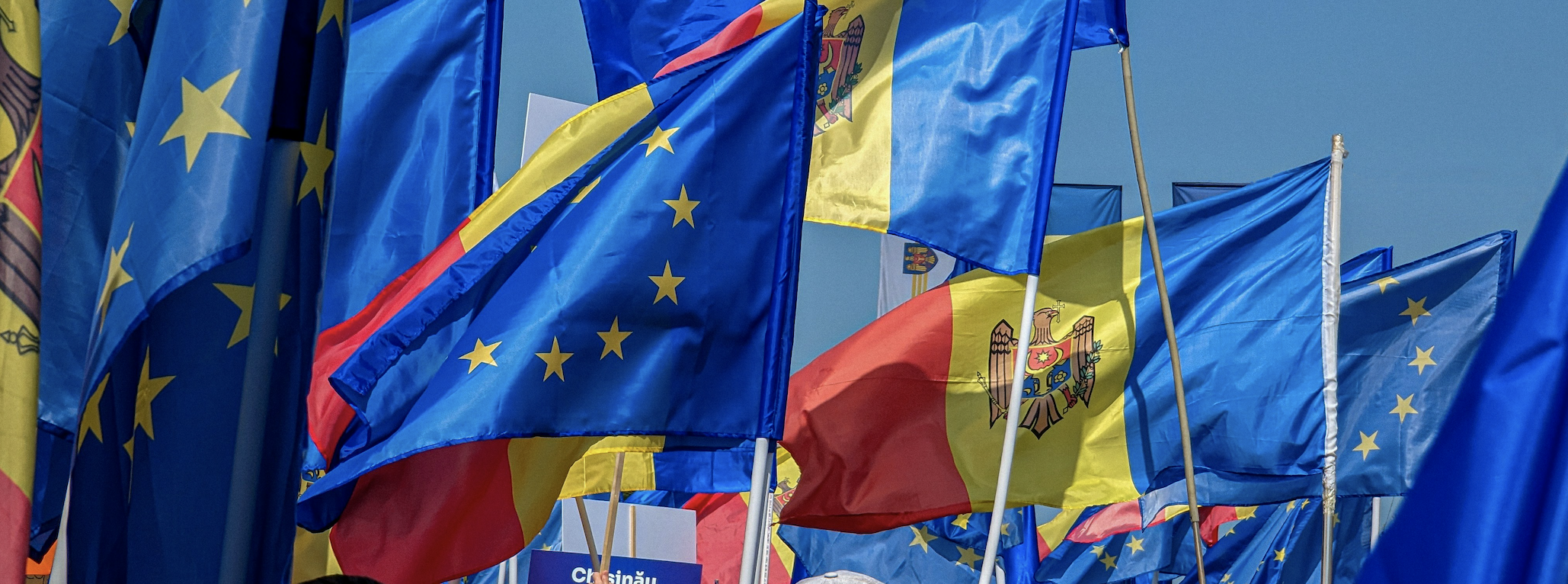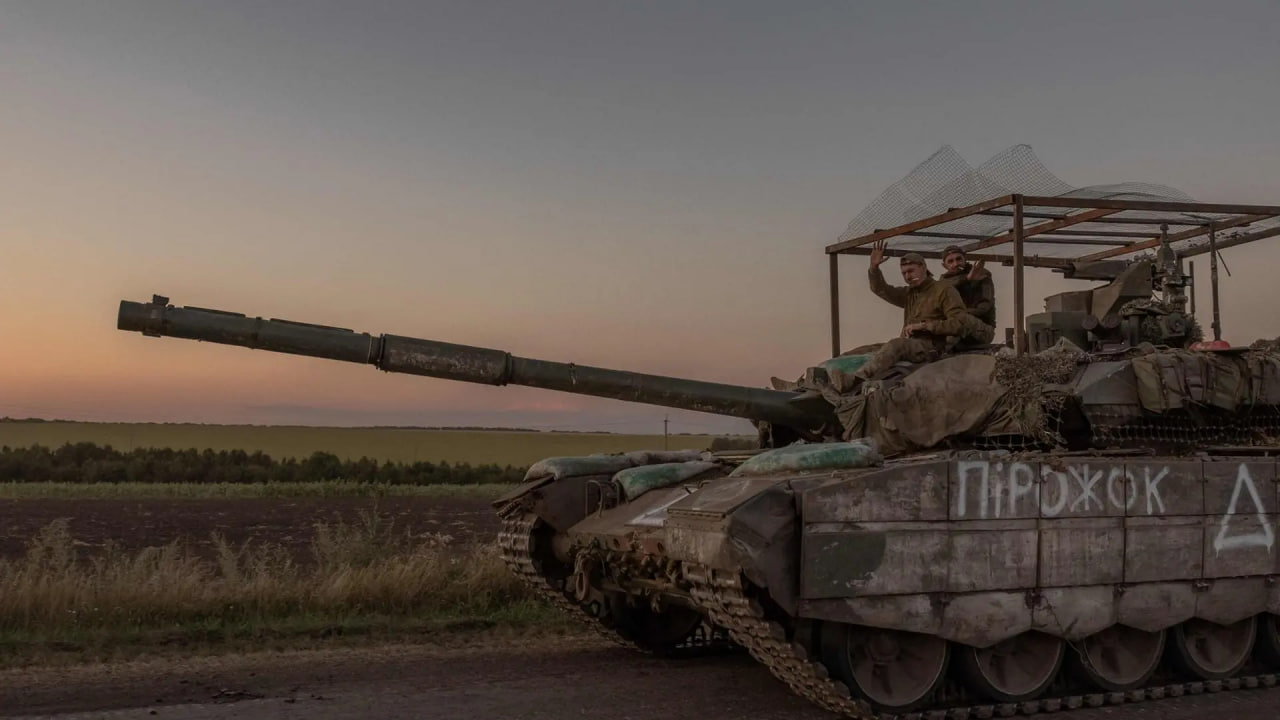A nation must think before it acts.

China’s Georgian Gamble
As Georgia pivots away from the West and slides into dictatorship, China emerges as its key strategic partner. While Washington and Brussels struggle to find transatlantic unity and craft a unified approach to Russia and Ukraine, Beijing methodically expands...
Read more »Russian Influence Operations in Georgia: A Threat to Democracy and Regional Stability
Introduction Russia’s influence operations in Georgia represent one of the Black Sea region’s most comprehensive hybrid warfare campaigns. The Kremlin has employed military intervention and territorial occupation, economic embargos, energy leverages, political co-optation, corruption, and information warfare. The Kremlin’s...
Read more »A Deal with Russia at Ukraine’s Expense Will Not Bring Peace
Discussions of possible ceasefire negotiations in the war between Russia and Ukraine focus on the concessions that Ukraine could make to stop the hot phase of the war. At the same time, a realistic assessment of the prospects for...
Read more »Trade Corridor Wars: Escalating Competition Between China, Russia, Iran and the West
Contemporary conflicts are increasingly orchestrated across multiple nations and domains, manifesting in many ways, from conventional ground engagements to strategic influence operations. The informal coalition of China, Iran, Russia, and most recently North Korea (CIRN) represents a counter-influence regional...
Read more »Turkey’s Evolving Geopolitical Strategy in the Black Sea
Executive Summary Turkey’s strategic position between Europe, the Middle East, and Central Asia places it at a pivotal crossroads in Eurasian geopolitics, particularly as regional conflicts reshape power dynamics and international alliances. Turkey’s strategic significance has long been underscored...
Read more »Moldova’s Critical Decision Between Europe and Russia
The upcoming October 20th presidential election in Moldova is set to be a pivotal moment for the country. While Russia’s war in neighboring Ukraine continues into its third year, Moldova is navigating a path toward EU accession with the...
Read more »Georgian and US Elections: Defining the Next Chapter for the South Caucasus
The following report was produced in partnership with the Applied Policy Research Institute Armenia. Executive Summary The article examines the significant geopolitical ramifications of the upcoming 2024 elections in the Republic of Georgia and the United States, in relation...
Read more »Russia’s Information War in Moldova
Introduction Historically, Russia has done everything it can to keep countries that were formerly part of the Soviet Union in its so-called “sphere of influence” as far from the West’s orbit as possible. However, in recent years, some of...
Read more »Ukraine’s Argument For Striking Back
On a sunny Sunday afternoon, August 30, Russia launched five glide bombs toward Kharkiv. One bomb obliterated the entrance of a twelve-story residential building, where a seventy-one-year-old burned alive. Another killed a fourteen-year-old girl sitting on a bench in...
Read more »What Ukraine’s Kursk Incursion Tells Us About Putin’s Russia
In early August, the Ukrainian army broke into Russia and, virtually undeterred, rapidly advanced seizing a significant area of the borderline region of Kursk. Given that this was the first foreign invasion of Russia since World War II, Russia’s...
Read more »




